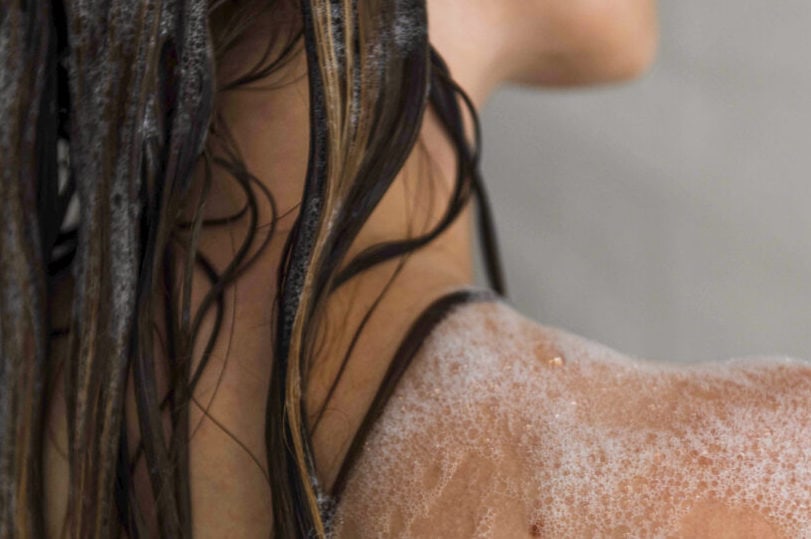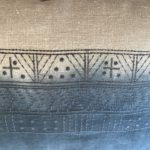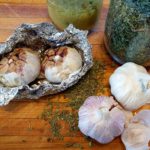The reason soap cleans your dirty bits is simple, clever, and rooted in a discovery made around 2800 BCE by Bablyonian Arabs, who produced an early form by mixing fat or oil with an alkali. The latter could be as basic as potash, or fire ash; in fact, the word alkali derives from the Arabic phrase for calcined ashes.
The dirt on soap
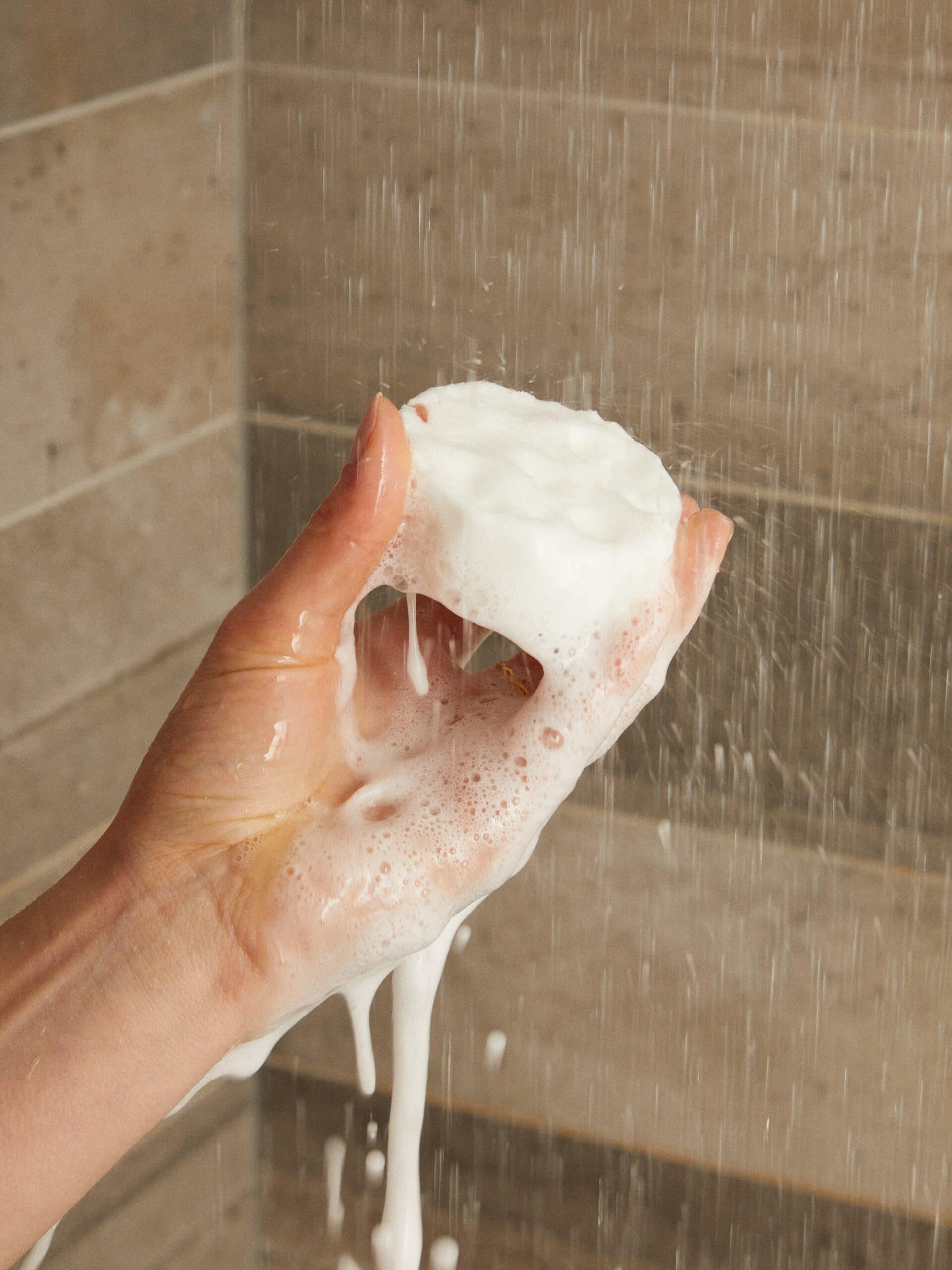
When oil and alkali are combined, you get hydrophilic molecules that attract grease and dirt, and hydrophobic molecules, which repel water. Together, they make a lather that collects the nasty stuff and make it easy to wash them away in water. Get it? So simple!
Various fats are employed in soapmaking but the most ancient is probably olive oil. It is still used in lines made by Sitti, a Canadian company working for self-reliance for refugees and displaced communities through employment, skills development, and an inclusive global economy.
The all-natural soap relies on a traditional cold-press method passed down from generations of Palestinian women, using olive oil from farms in Jerash, Jordan, which produce a high-quality, nutrient-rich, delicious oil from ancient trees.
Soaps are hand-made by artisans inside the Jerash Refugee Camp, which opened as an emergency camp in 1968 for 11,500 Palestinian refugees and displaced persons from the Gaza Strip.
Natural soap can benefit skin
Olive oil soaps benefit all skin types, including those with acne or eczema.
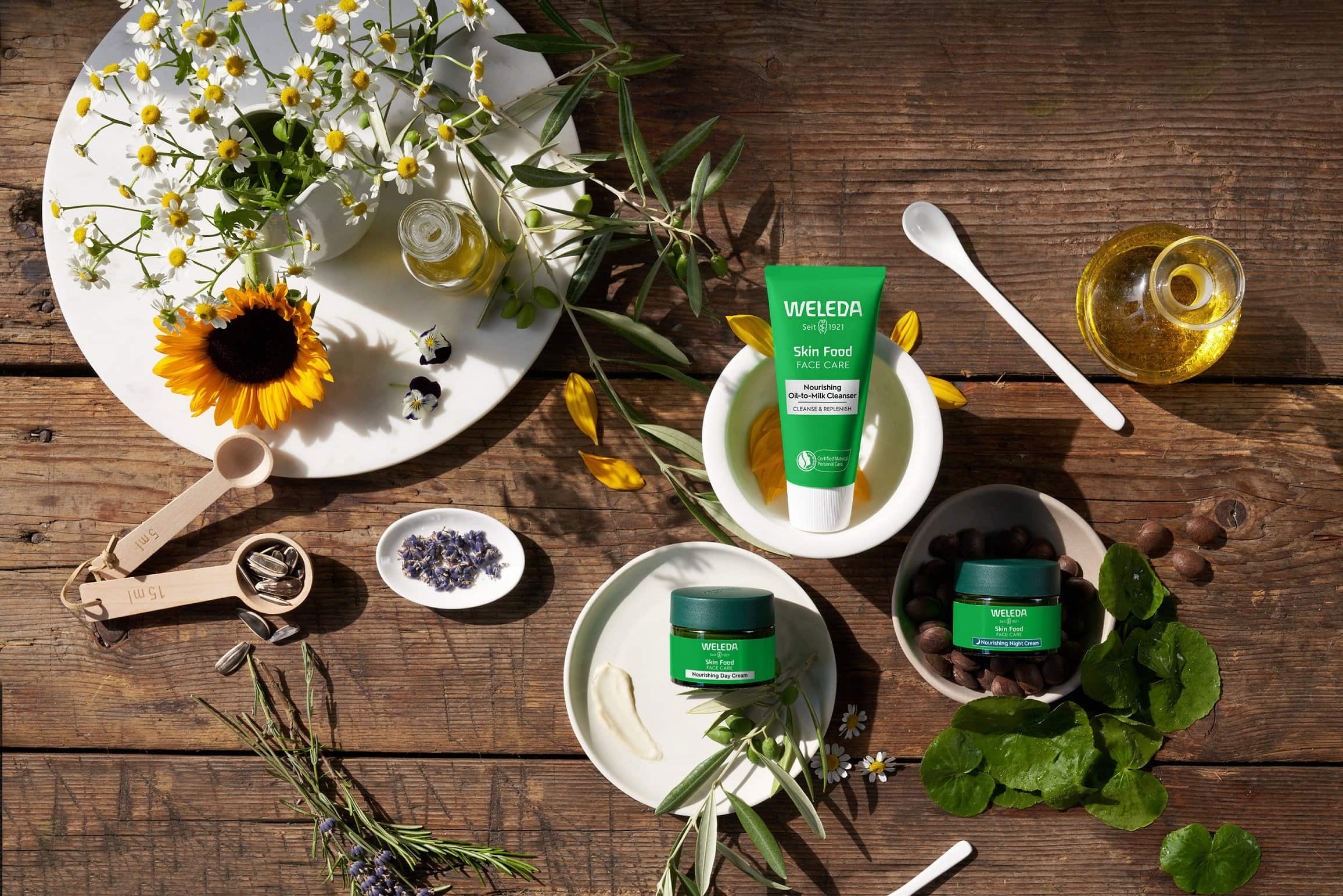
The company has undertaken some interesting initiatives. A partnership with L’Occitane Middle East was launched for the 2023 Ramadan season.
Sitti also sells olive oil soap flakes. Hypoallergenic and biodegradable, these can be used throughout the house for face and body soap. They are also as a gentle but effective laundry, dish, and floor or wall detergent.
Ancient soap ingredients still in use
Adding particular ingredients to soap can help certain skin types and conditions. Oats, for example, have a combination of amino and fatty acids, antioxidants, and vitamin E that reduces inflammation and moisturizes skin.
It’s the main ingredient in a new Sensitive Natural line from another Canadian soap manufacturer, Attitude Living. Oats have been added to several body care products. A new Super Leaves line is made with grapeseed oil and olive leaf extract, because it has been shown to inhibit UVB skin damage, and speed healing.
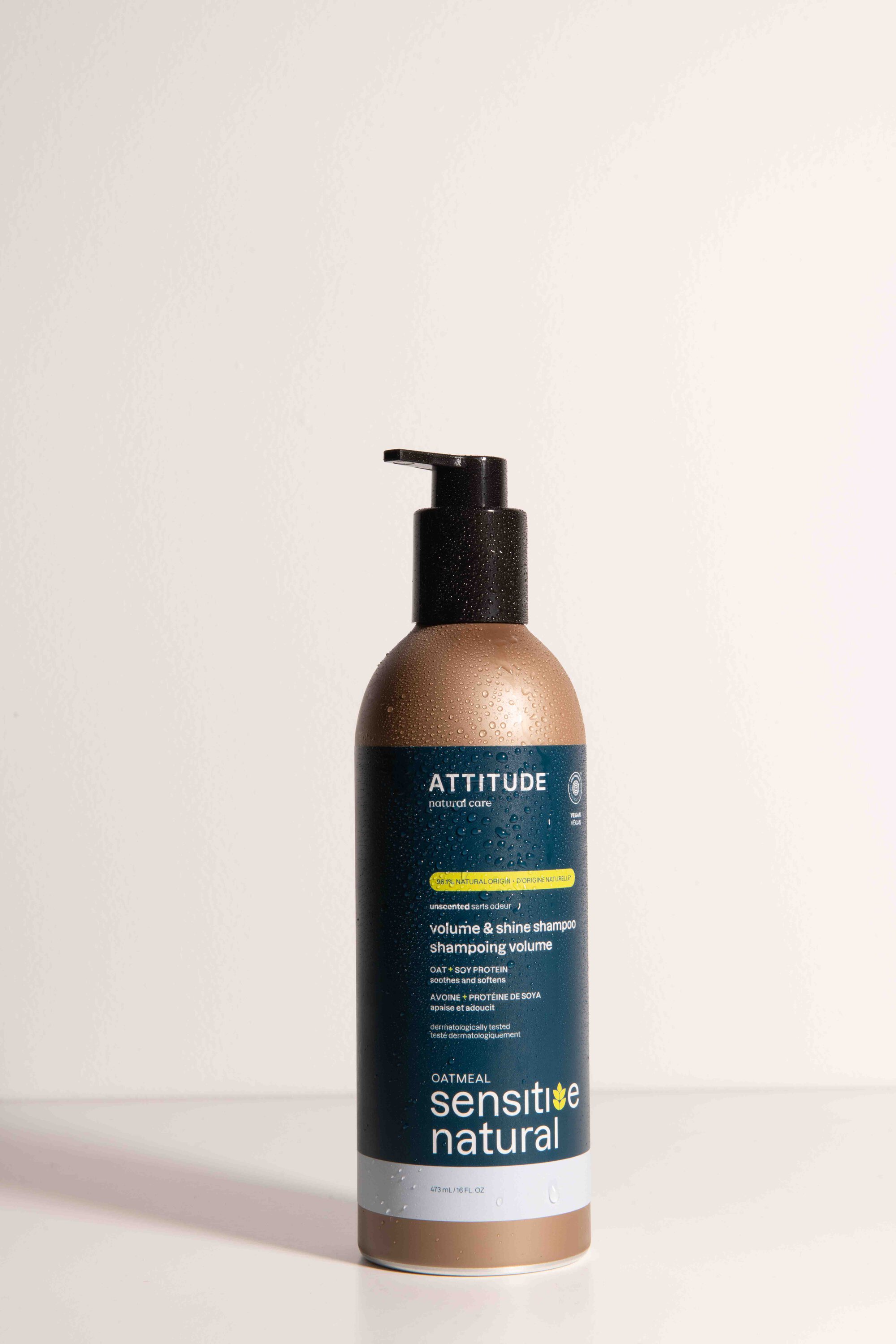
How old, you may well ask, is the olive leaf recipe? Not sure. But I do know olive tree cultivation goes back at least 7,000 years. Maybe it’s also true that on the winding, dusty path humanity has traveled, we’ve yet to find a better alternative.
So get yourself some nice soap, because you deserve the simple pleasure of a well-made piece of fat mixed with alkali.

